Solar Skyways™ – PRT/podcar/ATN system developer – was launched in 2020 with recent alumni of Spartan Superway™, an ongoing decade-long hands-on academic engineering research and development program at San José State University. This nascent commercial initiative is focused on creating a viable net-zero fossil-fuel-free solar-powered rapid transit network that can match the capacity of urban public transit through an engineering collaboration with Transit Control Solutions (whose software is capable of tripling the throughput capacity when compared to the handful of successfully deployed podcar systems around with world, while achieving a very high degree of safety), Swenson Solar (aesthetic, economical elevated solar canopies), and RodzMas Design Studio (robust mechanical systems for on-demand public transit).
In parallel with its disruptive technological advancement, Solar Skyways™ is bringing together a team of established commercial and industrial enterprises to deliver project engineering, governmental entitlements, finance, construction, certification, operation, and maintenance.
All podcar (PRT/ATN) systems on the market and under development deliver on-demand (taxi-like) service, separate guideways, small vehicles providing the equivalent of door-to-door service, congestion relief, and compelling economic advantages. Going one step further, the specific advancements of Solar Skyways™ are distinct in three special ways: Sustainability, Safety, and Scalability.
Sustainability is achieved with a solar canopy running continuously above the guideway, with power delivered to every station, each of which in turn becomes a microgrid energy hub, charging podcars, providing micro-energy services locally, and feeding surplus energy to the local grid.
Solar canopies charge podcars directly, with surplus energy channeled to storage, neighborhood energy services, and local grid support, achieving a highly redundant, highly reliable energy supply for mobility.
|
|
Passenger safety is achieved en route with robust safe mechanical design and the TCS state-of-the-art automated control system. Guideways elevated above streets offer pedestrian and micro-mobility users safety once cars are no longer required for local mobility.
|
|
Scalability requires low cost stations and guideways, plus advanced vehicle controls to maximize capacity with navigation software that has been proven with a platoon of small scale cars on a fully engineered track.
Community Development Support
In concert with its commercial and industrial affiliates, the Solar Skyways™ team provides a suite of comprehensive development services to guide communities through the process of design, entitlements, team-building, financing, constructing, commissioning, and operating a community-wide Solar Skyways network. Test tracks and pilot projects under construction in Europe and Asia will provide reference sites to mitigate technology risks and build support in communities ready to move beyond congestion, pollution, fossil fuels, intrinsically dangerous streets, economically stranded public transit assets, and crumbling mobility infrastructure.
In creating a transformative mobility system, the Solar Skyways™ team is prepared to assist communities to organize local support, build strategic alliances, and begin the process to achieve sustainable mobility for the next generation.
The Solar Podcar Transit Research Initiative
With an alliance of solar podcar companies in the USA, Latin America, Europe, Africa, and Asia, The International Institute of Sustainable Transportation ("INIST") is sponsoring a multi-university research initiative led by Spartan Superway (San José State University) to foster academic teams in a wide range of research fields, including adaptive urban design with disruptive cityscape configuration drivers, financial planning and analysis, economic and community development, environmental impacts, utility infrastructure, elevated guideway advancement (in materials, foundations, deployment, and structural engineering), all-terrain deployment (migratory paths, flood plains, mountains…), renewable energy (solar canopies, power electronics, storage, microgrids), water catchment, artificial intelligence-based traffic management, user experience / human factors engineering, vehicle design, and more.The Solar Podcar Transit Research Initiative invites universities to join and participate in creating Automated Transit Communities.

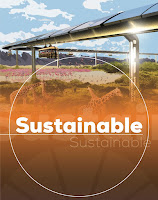
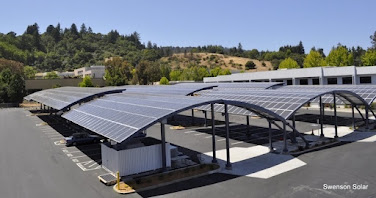
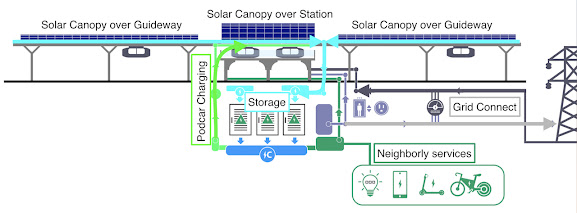


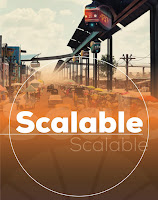


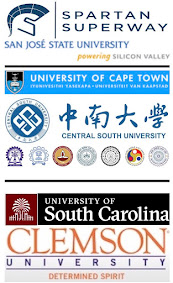
No comments:
Post a Comment